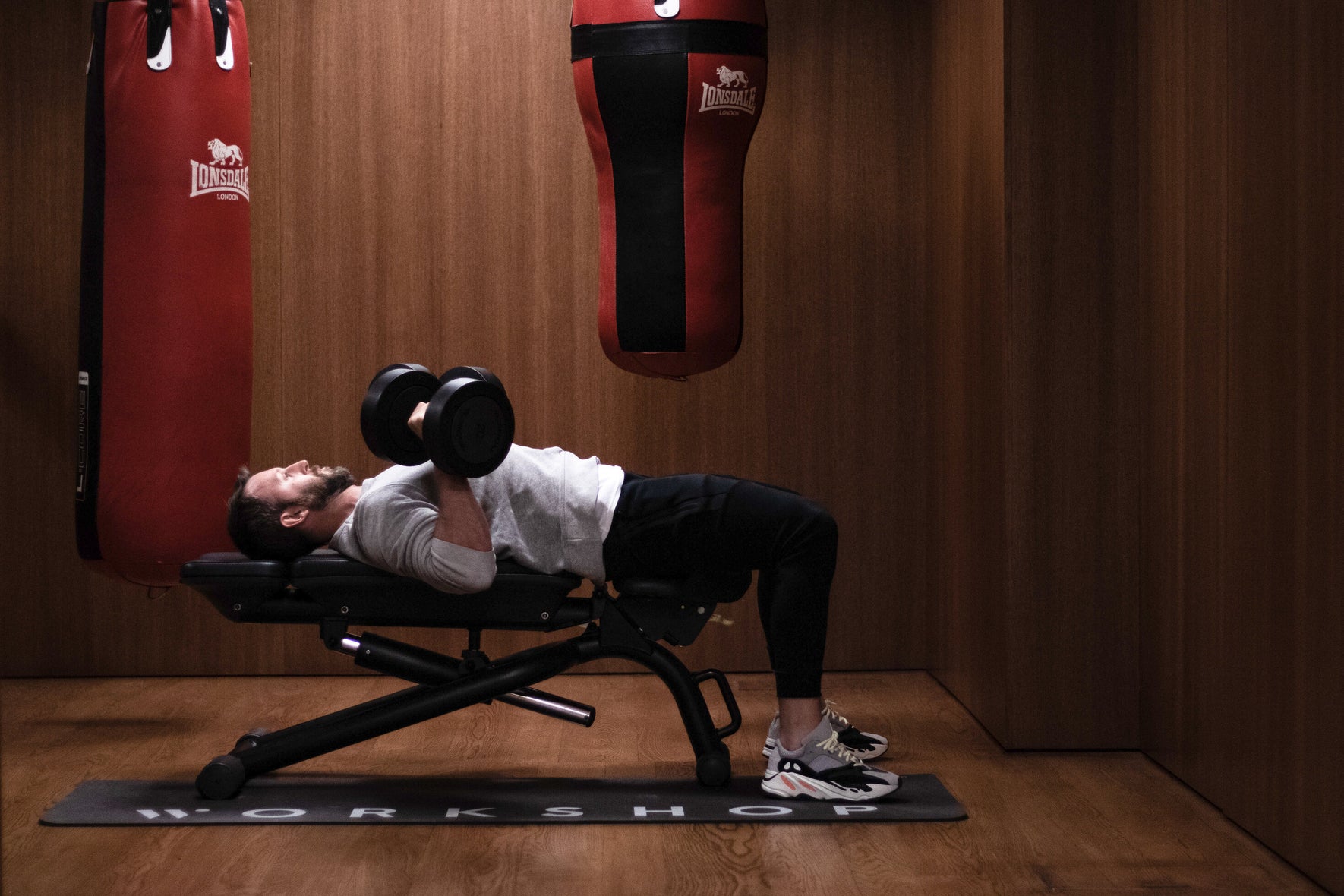
Are You Overtraining?
For many of us, exercise has been the one gratifying constant in our lives over the last few months. And while regular exercise is so important, it’s also important to know when enough is enough. Although it’s tempting to go hard and fast with your training programme, doing too much, or overtraining (that’s too much training compared to the amount of rest you’re getting) can negate all of the benefits and actually set you back in your goals. That’s because your body needs time to recover and repair; failure to allow it to means that you could be facing exhaustion, a reduction in performance, prolonged muscle soreness and injury. Here are five signs to watch out for…
1. You’re not seeing results, despite your intense schedule
If you’re pushing it and pushing it but not seeing results or not getting stronger then it’s probably because you’re overtraining. This might manifest as decreased strength, reduction in ability and endurance, as well if your works feel a lot harder than usual for no good reason.
2. Unusual muscle soreness
Often categorised by feelings of heaviness and intense fatigue, one sign you might be overdoing it is if your usual soreness is replaced by something different and more pervasive. If it’s having more of an impact on your day to day, more so than normal muscle soreness, this is likely to be because you’re doing too much. Listen to your body and take its cue to take it easy.
3. Mood swings and feeling stressed
When you exercise, the levels of cortisol, one of the body’s stress hormones, are spiked. As you recover these levels naturally fall again, but if you don’t allow time for those levels to rebalance again, you’ll find yourself in a perpetual state of elevated stress. This can lead to feelings of moodiness, irritability and anxiety. If you can’t bear not to move every day then opt for some gentle stretching on your ‘off’ day, which won’t cause cortisol levels to rocket.
4. Irregular sleep
Excess cortisol can also have a detrimental effect on your sleep habits. When we’re exposed to high levels, our sympathetic nervous system kicks in and our alertness increases, making it virtually impossible to relax into a deep and restorative sleep. Too much cortisol also prohibits the production of melatonin, also known as the sleep hormone, which is vital for proper sleep.
5. Nagging injuries
If you don’t allow yourself time to recover, not only will your body not be able to adequately stop new injuries in their tracks, you won’t be able to repair existing ones either. Putting too much pressure on your body can also weaken your immune system and prevent your body being able to fight off infections, meaning you might be more prone to getting sick. Any injury or pain that doesn’t subside after a week or two is a sure sign that you’re overdoing it. If that happens, rest and monitor it for a couple of days before checking in on the symptoms. If it’s still there, get it checked out before you ease yourself back into a safe and sensible routine.
